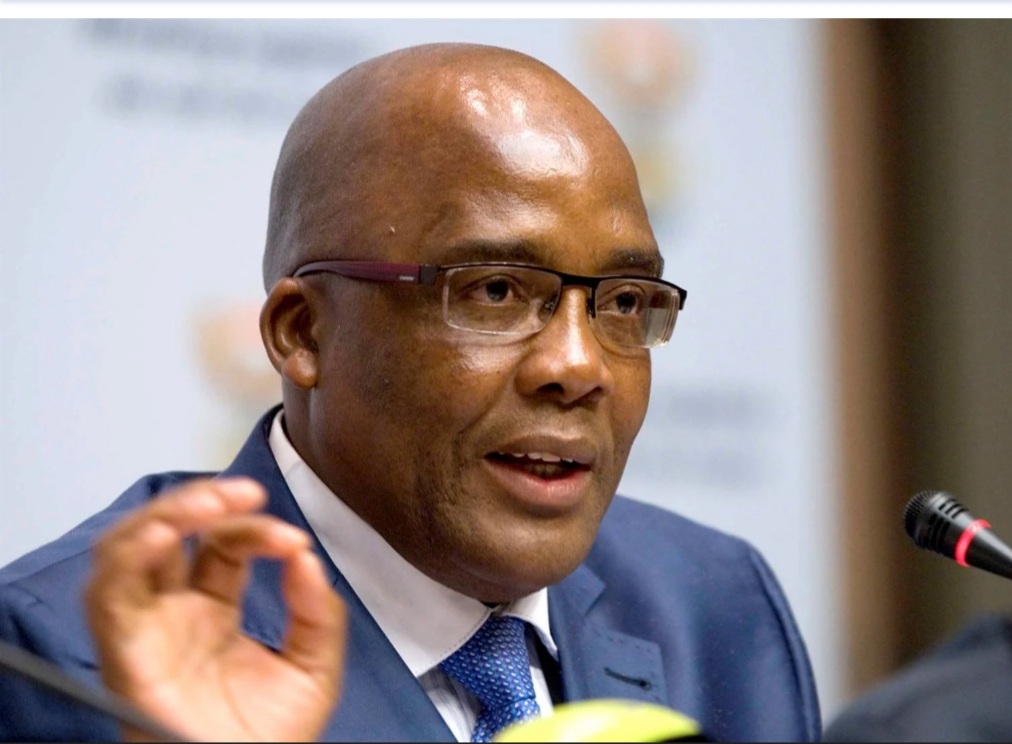PRETORIA – Only 6,000 of the 178,000 Zimbabwean Exemption Permit (ZEP) holders have made representations to South Africa’s Home Affairs minister Aaron Motsoaledi spelling out their personal circumstances and why they should be allowed to remain in that country, according to director-general of the Department of Home Affairs Livhuwani Tommy Makhode.
He was responding in an affidavit to a bid by the Helen Suzman Foundation (HSF) to set aside government’s blanket decision not to renew ZEPs.
HSF says the decision was “hasty, untransparent and ill-considered”.
But Makhode said the Home Affairs minister had given ZEP holders 12 months to “regularise their status”.
Various forms of the Zimbabwean permit have been in operation for 13 years.
It was first introduced to legalise the status of the many Zimbabwean nationals already living in South Africa.
HSF executive director Nicole Fritz said in her affidavit before the Pretoria High Court that the decision will force a desperate choice on ZEP holders: to remain in South Africa as undocumented migrants with all the vulnerability that attaches to such status, or to return to a Zimbabwe that, for all intents and purposes, is unchanged from the country they fled.
The HSF wants a judge to rule that the decision is unlawful, unconstitutional and invalid, and that it be reviewed and remitted back to the minister for reconsideration “using a fair process” involving meaningful engagement with those affected and civil society.
But Makhode says the 12-month extension was granted precisely for the purpose of allowing permit holders to make representations, and they had been given a “meaningful opportunity” to regularise their status.
They could make representations as to why the decision should not apply to them, they could apply for asylum, or they could apply for various other visas under the Immigration Act, he said.
Makhode said it had always been made clear that the ZEP was “temporary”.
“It was intended, initially, to give a large number of undocumented Zimbabweans, about 1.5 million in 2009, the opportunity to regularise their stay in South Africa.
“The uptake figures were small and, over the years, the numbers have steadily declined,” he said.
“The relief the HSF seeks will effectively confer rights of permanent residence on ZEP holders, in the face of express conditions on which the permits were issued.
“It seems to contend that because the permits were renewed from time to time, this confers on them a substantive legitimate expectation that they should be renewed in perpetuity, that they be entitled to remain in the country until the economic situation in Zimbabwe improves to the extent that the HSF and the court find acceptable.
“The relief sought would render the court as the sole arbiter of the nature and extent of economic recovery in Zimbabwe which would allow them to return.
“Any such order would amount to a far-reaching breach of separation of powers.”
Makhode said any such order would also give others, who did not meet the requirements for asylum or other visas, the right to remain in South Africa as “economic migrants”, contrary to the provisions of the Immigration Act.
He said the minister’s decision had been supported by the Zimbabwean government.
“If there was a possibility of mass unemployment, and or impending economic upheaval with the return of 178,000 Zimbabweans, one would have expected this to be raised through diplomatic channels.
“The permits were introduced because of an influx of Zimbabweans in the face of hyperinflation and a humanitarian crisis.
“By all accounts, the economic situation has significantly recovered — there has been positive growth in the GDP while the economic situation in South Africa has markedly declined … South Africa is facing an unemployment rate of 34%, whilst Zimbabwe’s is about 5.2%.”
Makhode said they could apply to extend their permits on a “case by case basis” – and this decision was both rational and reasonable.
The HSF will file a responding affidavit, after which the matter will be set down for hearing. – Ground-Up

 Slider3 years ago
Slider3 years ago
 National4 years ago
National4 years ago
 Tourism and Environment4 years ago
Tourism and Environment4 years ago
 Special reports4 years ago
Special reports4 years ago
 Opinion4 years ago
Opinion4 years ago
 National4 years ago
National4 years ago
 National3 years ago
National3 years ago
 National3 years ago
National3 years ago



